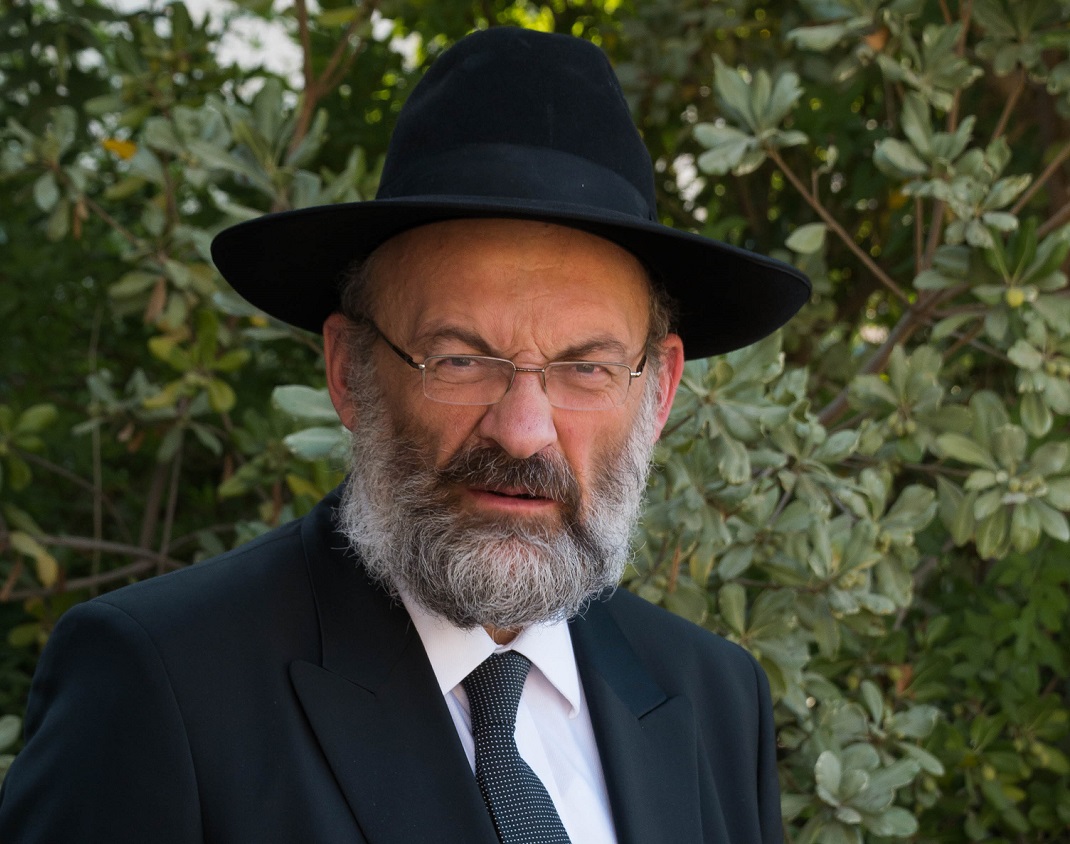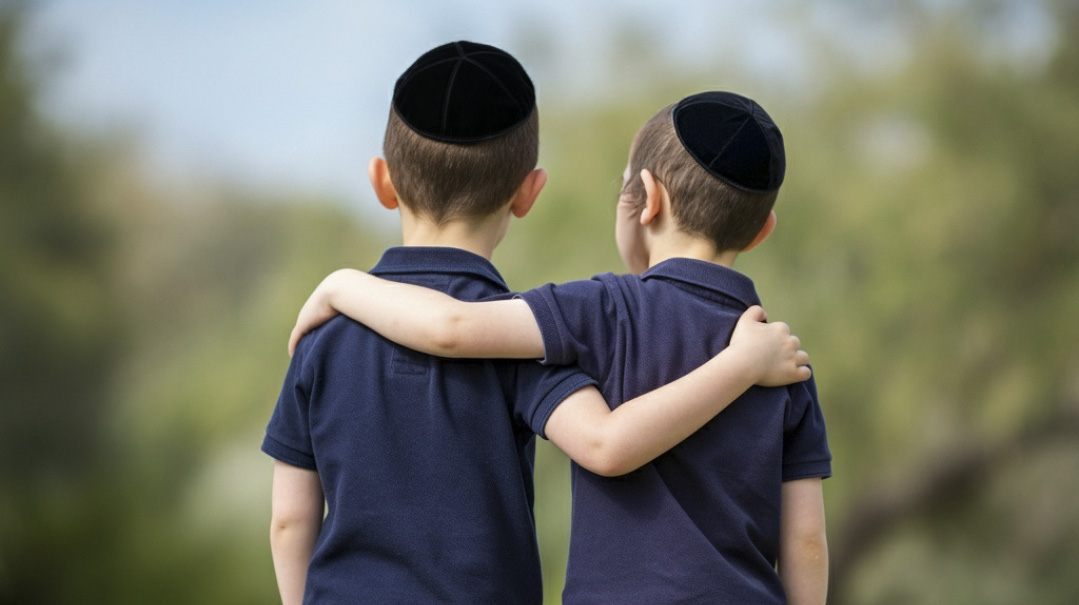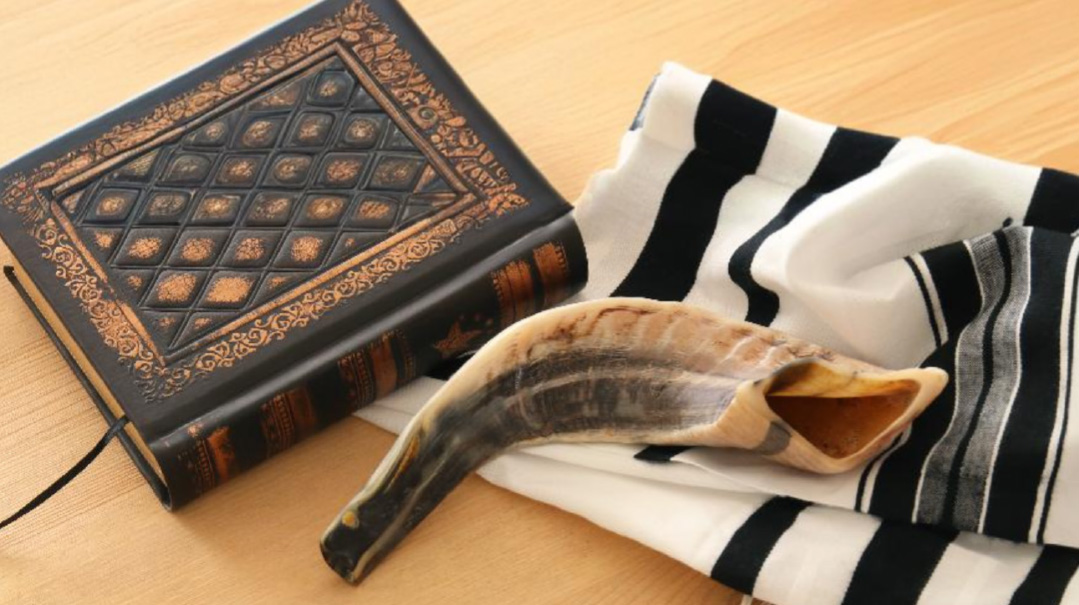The Torah’s Anchor

To really help a mourner, don't distract him from his pain
Many years ago, my friend’s wife passed away, leaving him with five young children to raise. When I went to the shivah, I found him surrounded by friends and family, and I felt a bit superfluous. But when I spoke with him, he told me he was very happy I’d come. Because, he elaborated, everyone else had tried to explain to him that his wife’s passing was really a good thing; I was the first to acknowledge that something terrible had happened.
We all understand my friend’s visitors. They tried to assuage his grief by reminding him of one of the pillars of our emunah: Everything Hashem does is for the good, and even the greatest tragedy is really part of His benevolent plan.
Everything they said was true. But they didn’t succeed in comforting him. Where did they go wrong?
Life is like a voyage across the sea. Most of the time, the sailing is smooth. Sometimes there’s a stretch of choppy water. But once in a while, there’s a storm. At some point, most people experience a major crisis when it seems impossible to go on. Those storms of life threaten to pull us out of our world into the narrow cell of our own emotions. Our ship is in danger of being swept away. We need an anchor to hold it in place.
The emunah that everything Hashem does is for the good is vital to our lives as Jews. But it’s a weak anchor. It won’t save you from a raging storm, because the storm will always be stronger.
The reason is simple. We can’t understand Hashem’s plan. One day, Hashem will open our eyes to see the reason for everything that happened in our lives and in all of history. But for the time being, we don’t have the ability to understand. So our experience remains a painful one. We believe that what happened was somehow for the best, but that emunah doesn’t relate to our experience.
Shivah houses are full of well-meaning visitors who tell the mourner that a sudden tragedy may be a korban to save Klal Yisrael from a massive blow. Or, that the deceased received the tremendous zechus of rousing other people to do teshuvah. It’s all true. But it’s not an anchor.
Statements like these don’t help a mourner cope with the pain. They don’t give him tools to deal with his painful experience; they simply dismiss it. As if to say, “You’ve got it all wrong — really your reality is a pleasant one.” It doesn’t help a person in the middle of a crisis to sugarcoat his situation. Doing so might at most distract him from the bitter reality, but at some point, it will return with full force.
A certain rosh yeshivah once suffered a family tragedy. The whole shivah, he told his visitors that everything Hashem goes is for the good, and we must accept his gezeiros with simchah. It was amazing to see his emunah. But Rav Wolbe told me, “It won’t last long.”
Unfortunately, he was right. Several weeks later, the rosh yeshivah was totally unable to function. He wasn’t a charlatan; his emunah was truly steadfast. But he had tried to use his emunah to bypass the pain. That doesn’t help, because he experienced the pain, but not the goodness of Hashem’s plan, which only He can understand. A person going through a storm needs an anchor, not to try to convince himself that the storm doesn’t exist.
We need an anchor that deals with our experience, rather than denying it. If we look deeply in the Torah, we’ll find lessons of emunah that can help a sailor survive even the strongest storm.
We find the first lesson at the burning bush. Hashem tells Moshe Rabbeinu: Ekyeh Asher Ekyeh. Now Klal Yisrael are in the darkest moment of the exile in Egypt, at the threshold of the fiftieth gate of tumah. But something will emerge from that darkness. Something will sprout from that lifeless mire. A future for the Jewish People seems an impossible dream. But the One who created the world from nothing can forge a nation from a bunch of spiritually poisoned slaves. That was HaKadosh Baruch Hu’s message to the world, and most of all, to Klal Yisrael. Hashem is with us, and He will make something grow, even from the darkest place.
We learn the second lesson in parshas Behar. The Torah talks about a person whose aveiros have brought him to lose all his possessions, to the point where he has to sell himself as a slave to idol worshipers. The Torah tells him, you must keep Shabbos and refrain from avodah zarah. Everyone knows that desecrating Shabbos and avodah zarah are forbidden, so why does the Torah have to remind this person?
The Torah has a personal message for him: You may have fallen to a pitiful state, but you’re still a person. You still have control over something in your life — not over your circumstances, but over who you are and what you will become. You may not be able to keep the whole Shulchan Aruch, but you too have a place in Torah to exercise your free will.
Keeping these two mitzvos will preserve your spiritual standing and keep the hope for a better future alive. It seems like you’ve lost everything, and all you can do is mourn. But you too have an area of avodah. That’s your human dignity, and your impact on the future. Your present may be bleak, but even in that grim reality you still have the ability to work to build a better future.
These two lessons together are the Torah’s anchor. Number one, remember that there is a future. It may not be exactly what you dreamed. But the present, no matter how dismal, will bear fruit. And number two, even in your present situation, you have the ability to work to build that future. You’re still an active player in the game of life.
An anchor isn’t a solution to the problem. There’s still a storm. But it saves you from being dragged out to sea. The anchor doesn’t take away the painful reality, but it preserves your humanity. You’re still a person. Even in your situation, you have an area of avodah to deal with the present while building a brighter future.
When you have an area of avodah, life is never over. You’re always building, laying another cobblestone in the road to a better future. The problem might remain forever, but life goes on.
My friend who lost his wife felt that his family was destroyed. Family to him meant being together with his wife and children, so when that became impossible, the only possible reaction was to grieve. But with help, he began to see family as a place for chinuch, an environment for growth. Then he discovered a new avodah of chinuch. He had to teach his children how to deal with the absence of their mother. He had to teach his children how to act with good middos toward others even when they felt like wallowing in self-pity. Discovering that avodah gave meaning to life, and showed him the promise of a future.
People in the middle of a storm often can’t see their area of avodah. The fury of the storm blinds them. That’s when they need our help. Because we aren’t in the storm, we’re able to help them search for their current avodah. It may be chinuch. It may be chesed. Everyone, no matter their situation, has an avodah to deal with the present and build the future. They need our help to see beyond the confines of their pain to find the avodah that fits their situation.
If we really want to help others, let’s not take the easy way out. Distracting them from the storm won’t help them. Let’s take the time to help them see their area of avodah, and put them back at the helm of their ship. That’s their path to reach a better future, without bypassing the present. That’s the Torah’s anchor, and the way for us to help a struggling sailor weather his storm.
(Originally featured in Mishpacha, Issue 885)
Oops! We could not locate your form.







